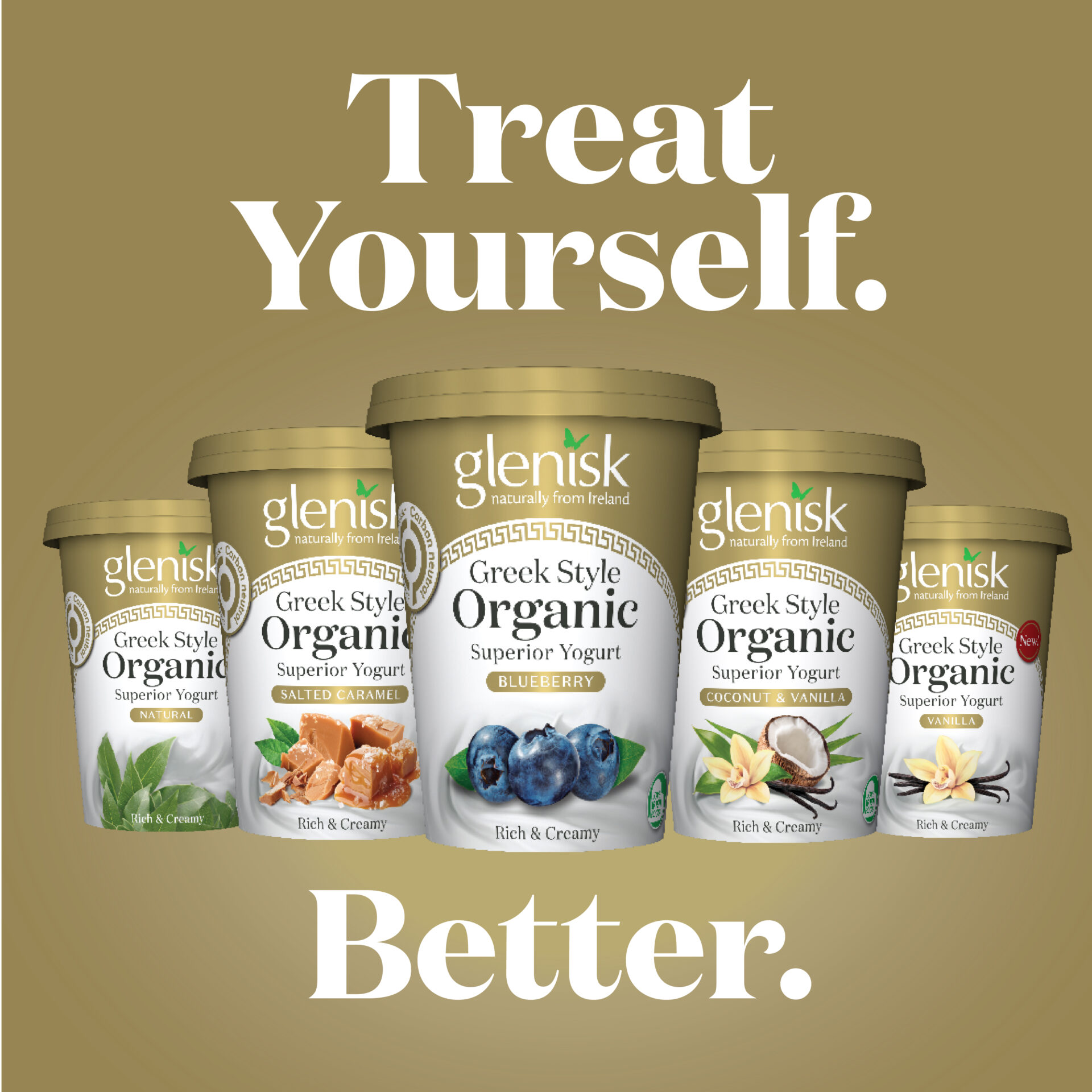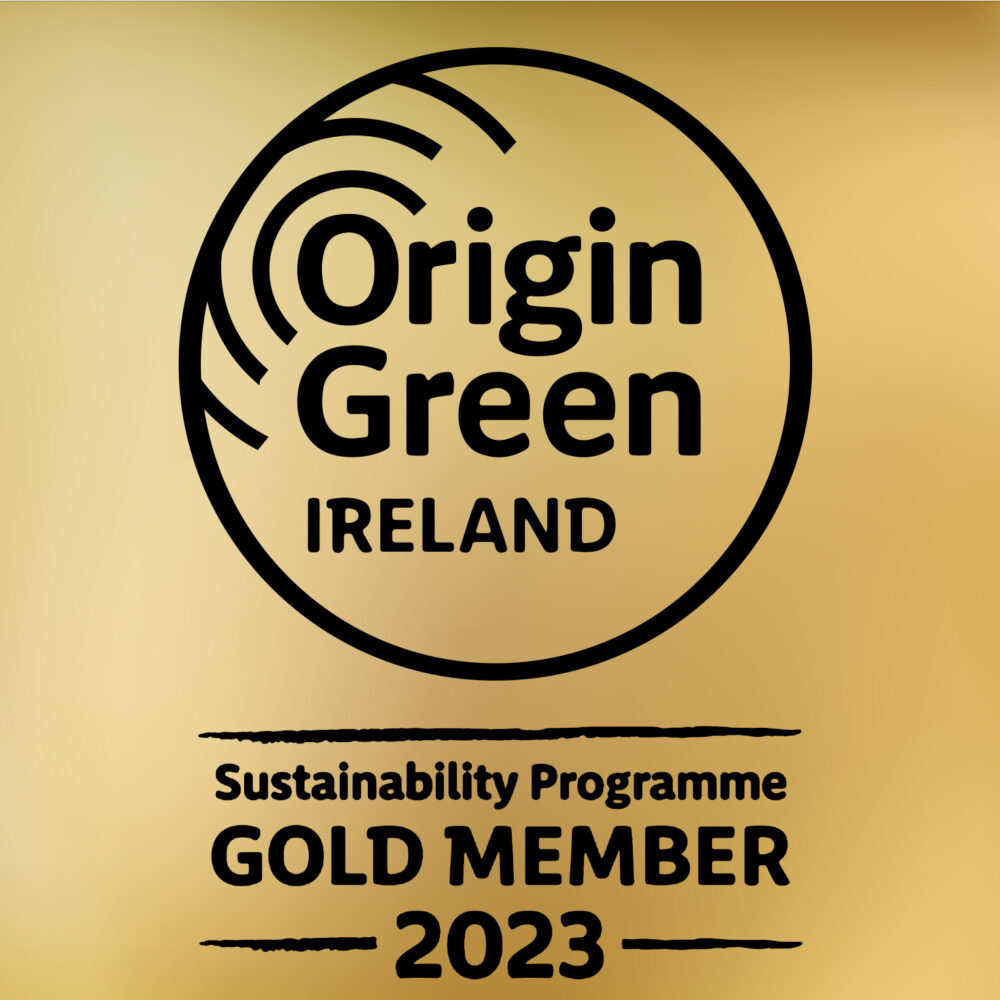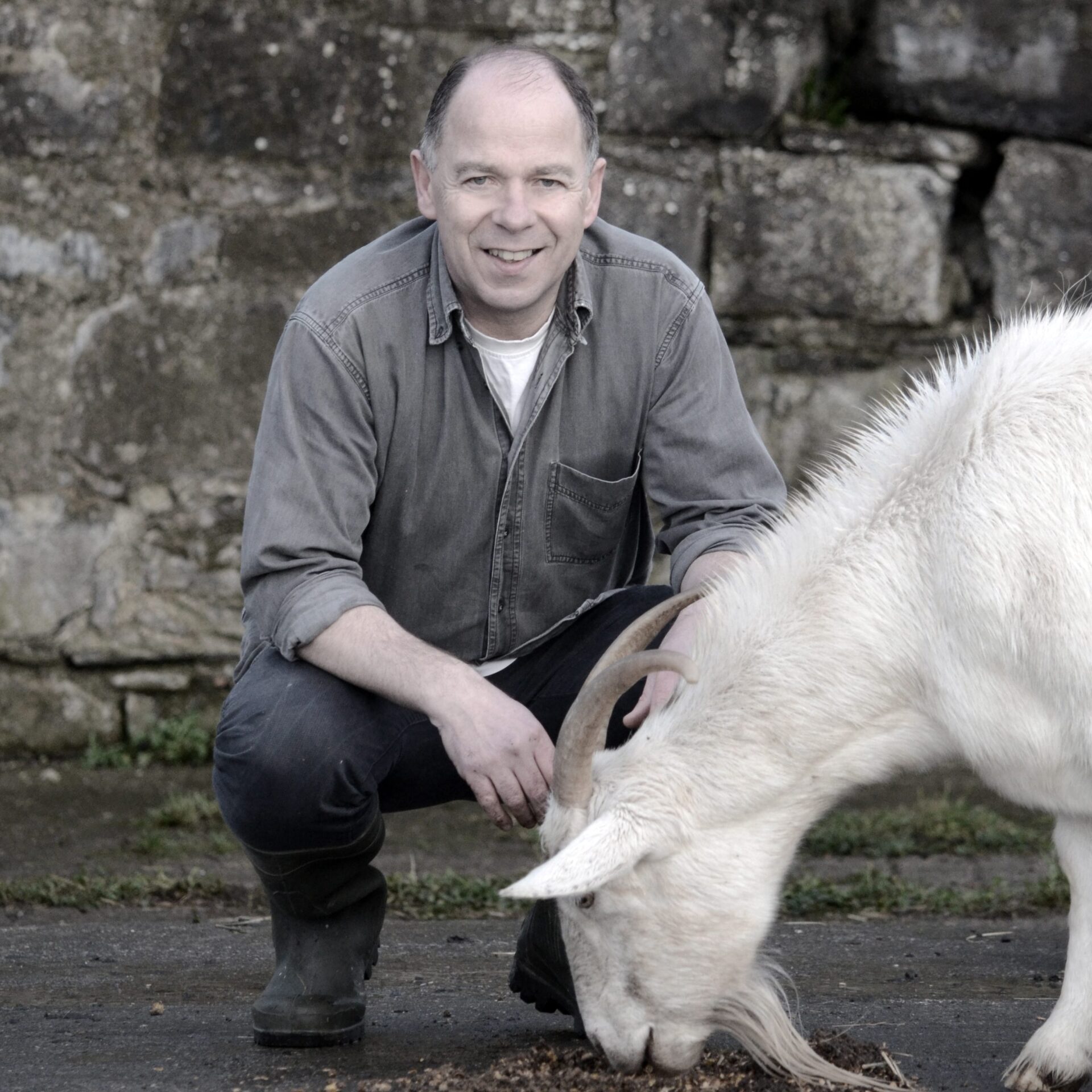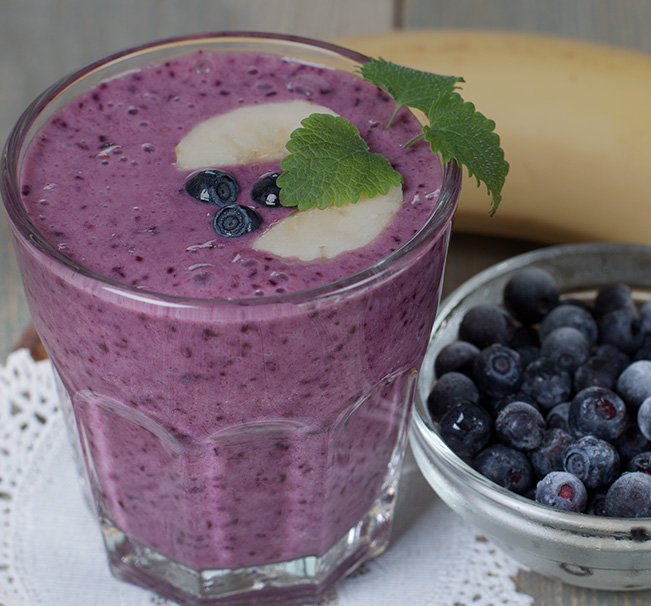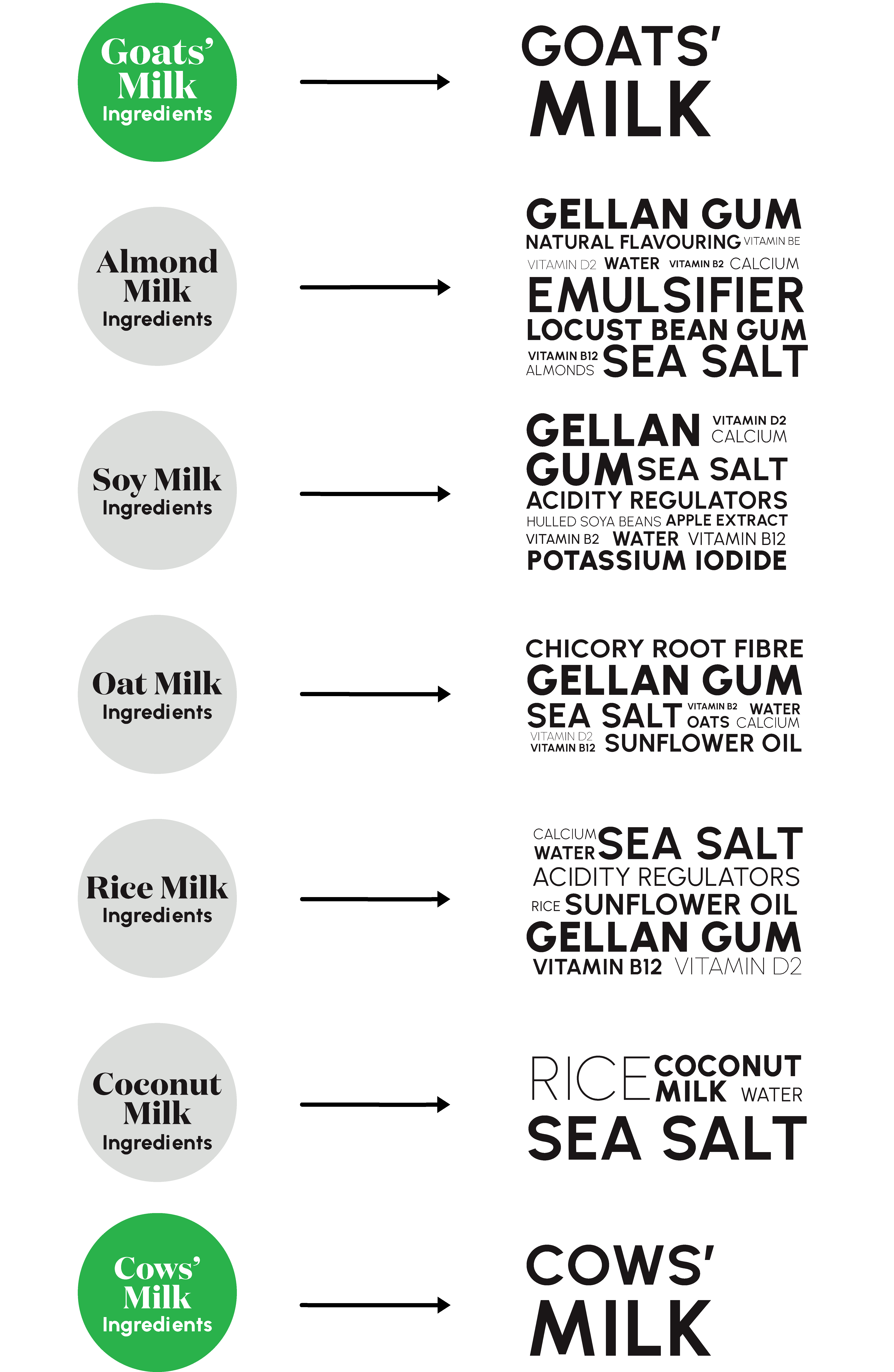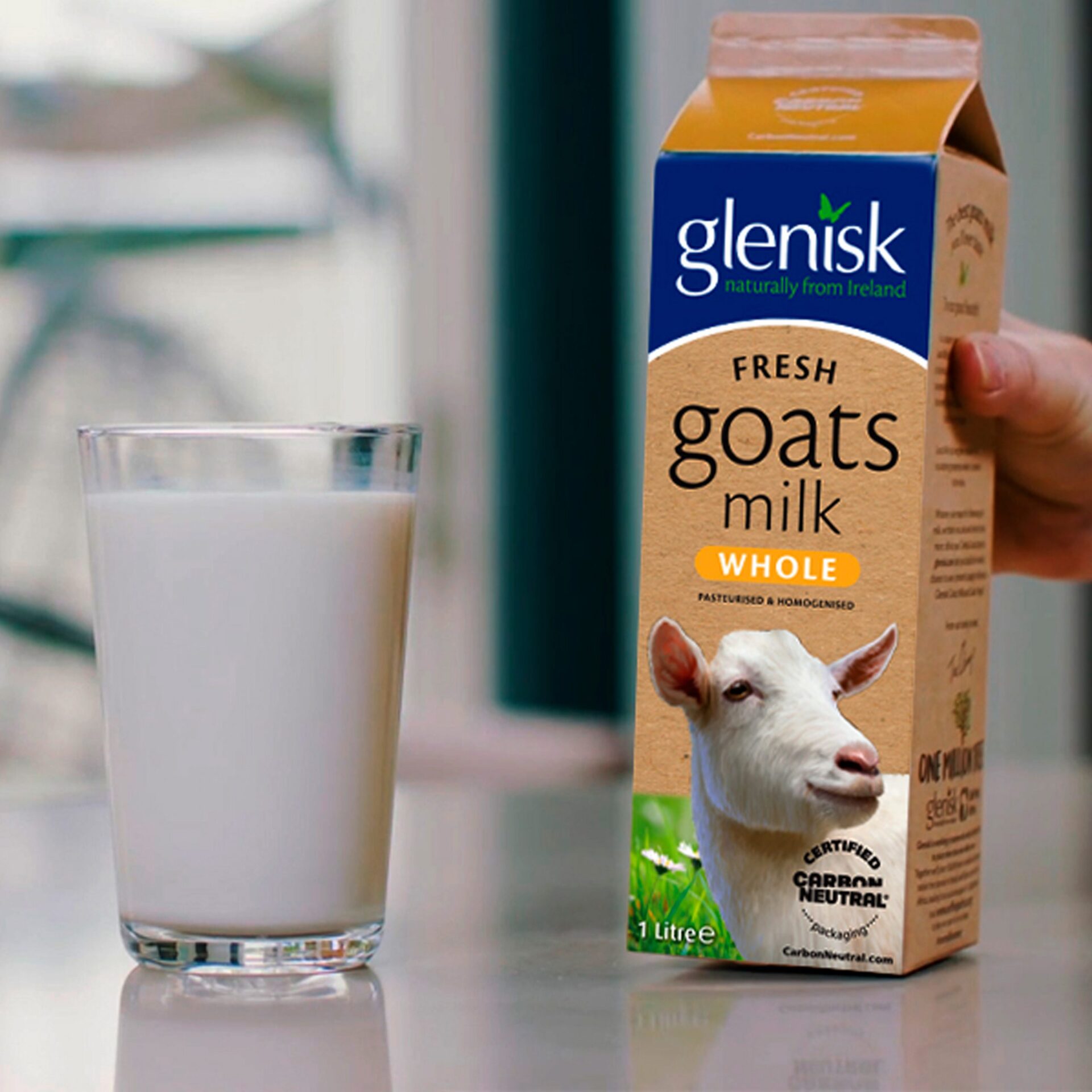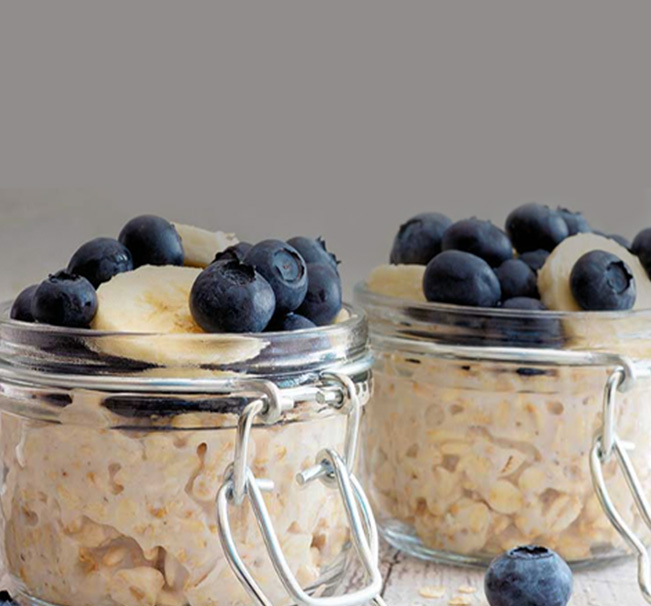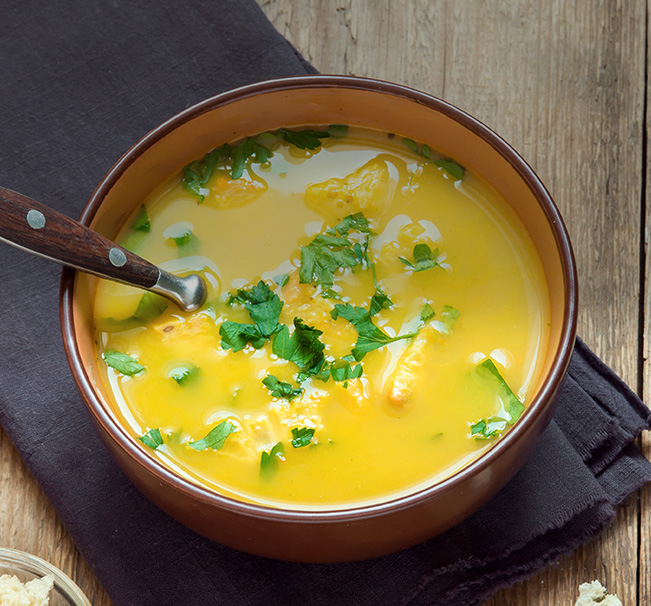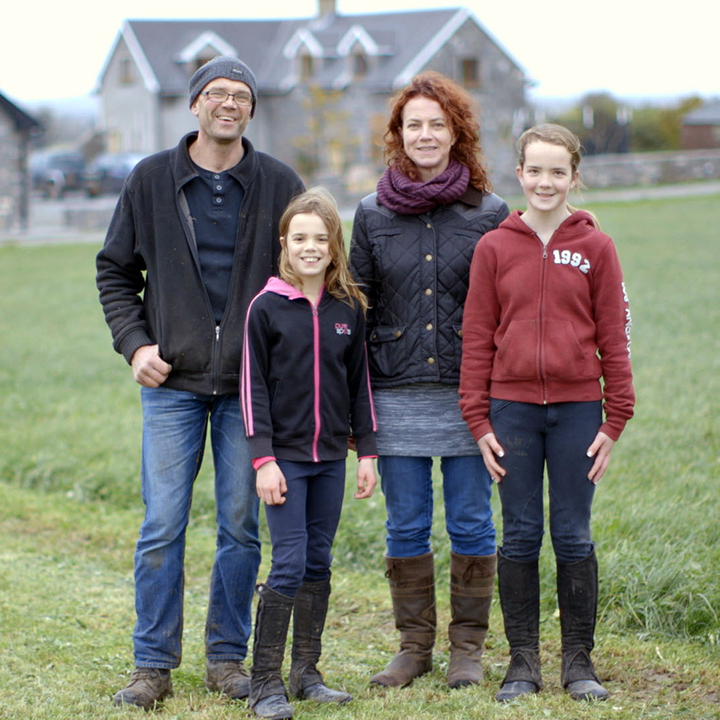The story of how a lonely donkey, an accidental animal sanctuary and an astute and progressive supermarket buyer transformed one Irish family business.
In the summer of 1995 – one of the hottest on record – Glenisk MD Vincent Cleary made regular trips from his home outside Tullamore to Dublin. His father, Glenisk founder, Jack Cleary, had suffered a heart attack and was being treated in the Mater Hospital. On one of the many journeys, he noticed a donkey tethered to the side of the road and as the days passed, he became increasingly concerned for the animal’s welfare. The patch of grass within the donkey’s reach was becoming sparser and sparser and water was running out. No-one appeared to be taking care of the animal and its distress was becoming evident.
Unable to identify its owners and having contacted animal charities and the Gardaí, Vincent decided to take matters into his own hands. He hitched a trailer to his car, collected the donkey and brought it home. In the following weeks, the donkey’s health improved. Vincent and his wife, Kestin, named her Juliet. She was healthy but a little restless. Reading up on donkeys, Vincent discovered that they are a particularly sociable animal. He called the local SPCA and asked if they had company for Juliet. The charity had a couple of goats looking for a new home. The goats duly joined Juliet and the animals got along very well.
The two goats got along particularly well and very soon, kids arrived. Then more kids arrived. In time, it became necessary to milk the goats to keep them comfortable and this was a daily task shared by Vincent and Kestin.
Many months later, during a somewhat protracted meeting with a retailer in Dublin, the less-than-impressed buyer noticed that Vincent kept sneaking glances at his watch.
“Am I keeping you?” he pointedly asked. Implausibly, Vincent explained that he needed to get home to milk his goats. This piqued the buyer’s interest who recalled a customer looking for goats’ milk and some research he’d uncovered on the benefits of goats’ milk for those with sensitivities to dairy.
“Can you get me goats’ milk?” he asked.
“Give me a year.” said Vincent. “I’ll give you six months”, was the reply.
Six months later, Glenisk introduced its first Goats’ Milk product to the market. 25 years later, Goats’ dairy accounts for 20% of Glenisk’s sales and the brand’s goats’ yogurt is exported as far afield as Singapore and Hong Kong.
